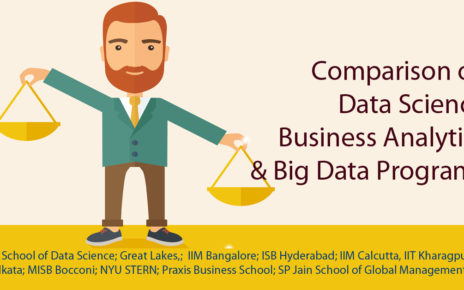Artificial intelligence (AI) is transforming healthcare with the use of algorithms and software to approximate human cognition in the analysis of complex medical data.
Specifically AI is the ability for computer algorithms to approximate conclusions without direct human input. The primary aim of health-related AI applications is to analyze relationships between prevention or treatment techniques and patient outcomes.
AI programs have been developed and applied to practices such as diagnosis processes, treatment protocol development, drug development, personalized medicine, and patient monitoring and care.
Medical institutions such as The Mayo Clinic, Memorial Sloan Kettering Cancer Center, Massachusetts General Hospital, and National Health Service, have developed AI algorithms for their departments.
Large technology companies such as IBM and Google, and startups such as Welltok and Ayasdi, have also developed AI algorithms for healthcare.
Deep Learning (DL) systems in AI will make physicians faster and smarter in their diagnoses and reduce uncertainty in their decisions thereby avoiding costs and hazards and saving time
DL will correct the losses and errors due to sub-optimal radiological processes and revolutionize the way patients are diagnosed and treated.
The McKinsey Global Institute estimates that applying big-data strategies to
https://www.mckinsey.com/industries/pharmaceuticals-and-medical-products/our-insights/how-big-data-can-revolutionize-pharmaceutical-r-and-d
better inform decision making could generate up to $100 billion in value annually across the US health-care system, by optimizing innovation, improving the efficiency of research and clinical trials, and building new tools for physicians, consumers, insurers, and regulators to meet the promise of more individualized approaches.

